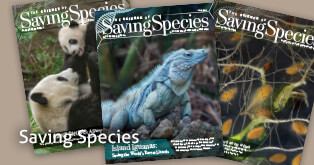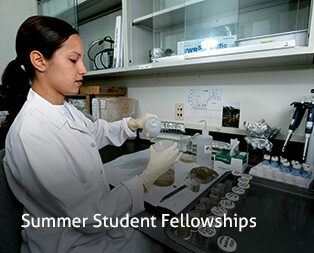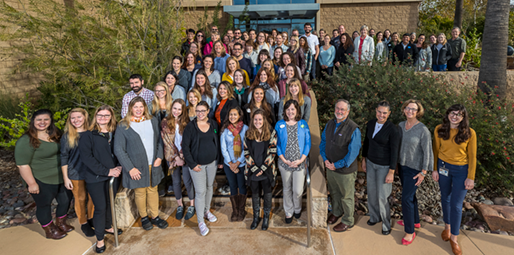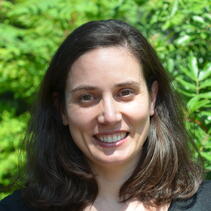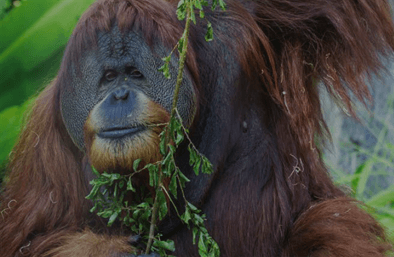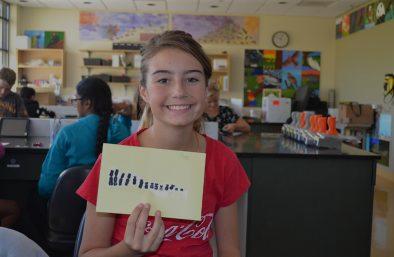Jessica Sanchez, D.V.M., M.S., Ph.D., Diplomate A.C.V.P.M.
Dr. Jessica Sanchez serves San Diego Zoo Wildlife Alliance as a Postdoctoral Fellow in Disease Investigations. In this role, she conducts epidemiologic research with free-ranging wildlife, studying associations between disease and animal spatial ecology. Her primary research interests revolve around identifying ecological and behavioral factors that drive pathogen transmission in wildlife, especially in response to anthropogenic activities such as land-use alterations and climate change. Jessica's expertise is in spatial epidemiology, with a background in wildlife biology, clinical veterinary medicine, infectious disease modeling, and spatial ecology. Her current projects include investigating environmental factors associated with elephant mortalities in Zimbabwe and the impact of urbanization on mountain lion exposure to diseases and toxins in California. She has participated in the recovery and conservation of the previously critically endangered Channel Island fox since 2006, and has research experience with a diverse range of other taxa, including bighorn sheep, Channel Island spotted skunks, penguins, scrub jays, and invasive rats and cats.
Jessica earned her bachelor’s degree in Animal Biology from the University of California, Davis, then earned her master’s degree in Wildlife from Humboldt State University, where her research focused on modeling the transmission and control of introduced pathogens in Channel Island foxes. She earned her Doctor of Veterinary Medicine degree from the University of California, Davis with an emphasis in zoological medicine. She then earned a Ph.D. in Epidemiology with a concentration in wildlife epidemiology from the University of California, Davis as part of the One Health Institute, where she was supported by the National Institutes of Health T-32 Comparative Medical Science Training Grant. Her doctoral research focused on epidemiologic approaches to investigating pathogen spillover and spread across diverse systems, including: population level impacts of infectious pathogens on endangered Peninsular bighorn sheep, the role of human movement in the control of COVID-19, and the characterization of animal-human interfaces for pathogen spillover at global live animal markets. She is board certified in Veterinary Preventive Medicine.



